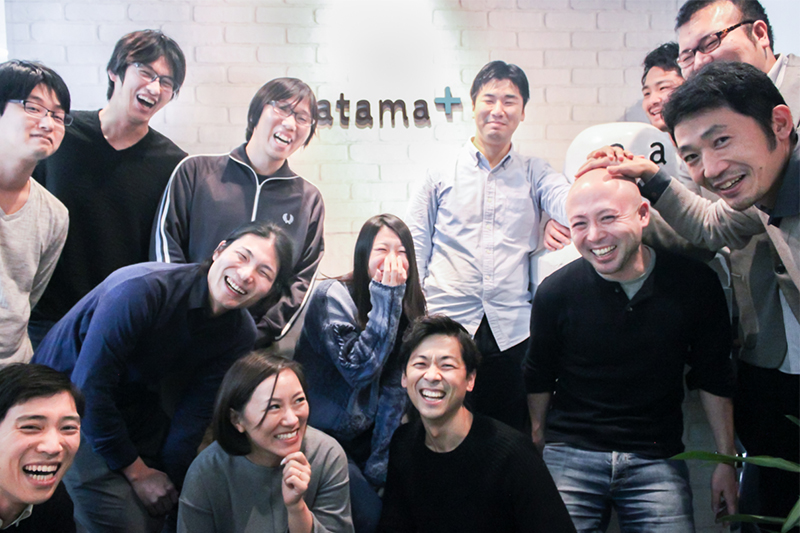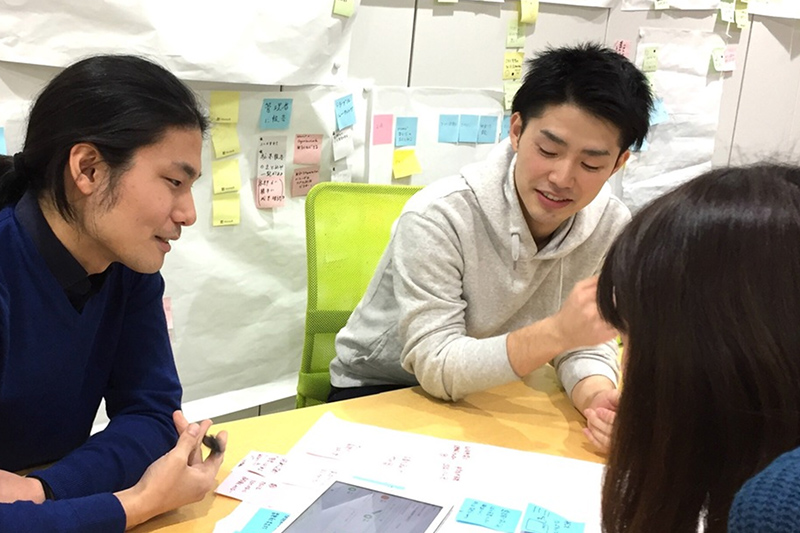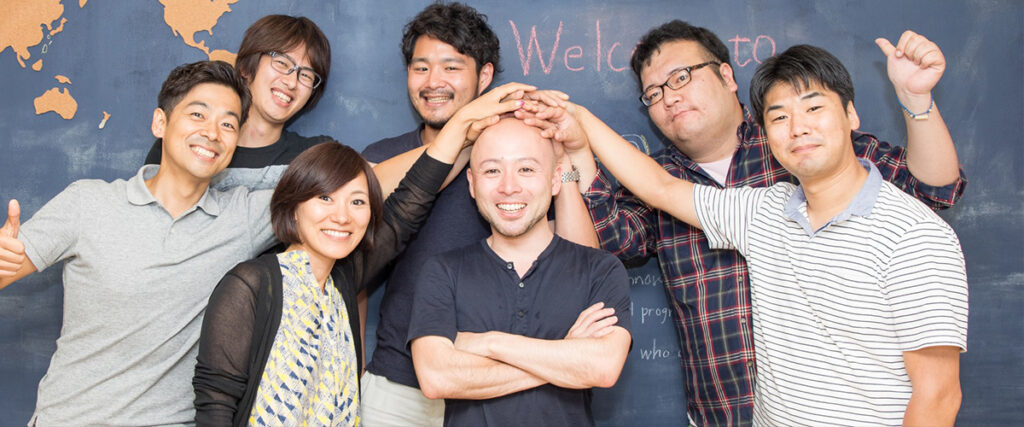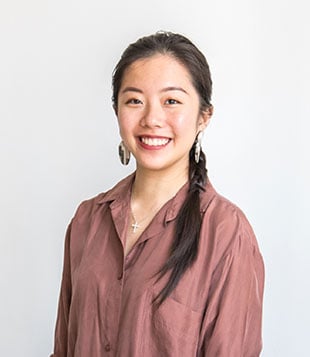We talk to Daisuke Inada, the co-founder of Japanese Edtech startup Atama Plus, about how he is using AI advancements to drive learning, and all whilst igniting passion and bringing happiness into classrooms.
With a seemingly endless stream of breakthroughs and innovative applications, Artificial Intelligence (AI) is taking a strong grip on everyday life. From Google translation to Netflix movie suggestions, AI has become ubiquitous, and now, it has found its way into the classroom. Atama Plus, a pioneering Japan-based education technology startup, is the latest to harness AI technology to reform a current system – this time, schooling, primarily in Japan. Founded in April 2017, the company is the brainchild of Daisuke Inada, who wants to put smiles back on children’s faces by providing personalised learning experiences and revolutionising education delivery.

Daisuke got his start in technology majoring in information science and technology at the University of Tokyo. But, instead of pursuing a career in tech, he joined the corporate rat race, working for Japanese conglomerate Mitsui for 11 years. In charge of spearheading businesses development, he might well have continued along that path in the big company had he not had a life-changing experience when working half way round the world in Brazil.
In 2013, Daisuke headed up the launch of an education-related venture in South America. Representing Mitsui, he visited a number of local public high schools, where he witnessed first-hand how technology could change the lives of students by giving them equal access to high-quality education. Struck by the infinite possibilities technology brought, he was also deeply affected by what he saw as much happier students in Brazil. And so, he decided to bring some of that magic home.
“I wanted to improve the volume of people smiling in Japanese schools,” says Daisuke, who identified the root of the problem to be Japan’s rigid curriculum. “Japanese education has remained almost unchanged for the last 150 years,” he explains. In traditional classrooms, teachers are assigned to big classes of 30-40 pupils, following a standardised exam-oriented syllabus. Hence, they often struggle to create materials that cater to students’ different needs. Students, on the other hand, are seated in rows and stuffed with facts in preparation for public exams. “I want to better the learning experience in the country,” states the entrepreneur. “With AI technology, we can renovate our approach to education. So, even though I can’t effect a change inside students’ houses, I can do so in their classrooms.”

Returning from Brazil with his new-found calling, Daisuke left his promising career at Mitsui in 2017 and subsequently kick-started Atama Plus. Together with his university friends, Makoto Nakashita and Takanori Kawahara, they invested their life’s earnings and built their AI learning app and data science algorithms from zero. In less than two years, the company has already seen remarkable progress. Currently, they offer their AI product as a service to over 150 cram schools (juku) – special private schools which provide intensive training for students preparing for schools’ entrance exams. Atama Plus’s client base now includes Sundai Group, Gakken Juku Holdings, and many other leading jukus in the country.
Targeting junior high and high school students preparing for their college or high school entrance exams, Atama plus provides tutoring for subjects such as Mathematics, Physics, English etc. The app aims to optimise learning whilst minimizing the time usually taken to develop the associated skills. One advance is the integration of behavioural aspects of learning into the system. As Daisuke explains of the app’s functionality, “Our AI system keeps track of every activity of learning, including the number of questions successfully answered, the time spent on each question, the kind of mistake made, etc. Adding up all this data, we then analyse students’ weakness, proficiency, learning history, as well as their concentration rate.”
Leveraging AI technology, Atama Plus then generates personalised curriculums and feedbacks in real time. Its machine-assisted solution curates video lectures, exercises and tests in response to individuals’ needs, for example, putting greater emphasis on certain topics or repeating tasks that students haven’t yet mastered. Unlike the traditional education model, which is teacher-led and compliance-based, these students can learn with Atama Plus’s app on a tablet, at their own pace rather than as part of a class. “We do not deny the importance of the traditional way of learning, but we can provide this kind of learning in a more efficient, and effective way,” says Daisuke.

As education heads in this automated direction, many have raised concerns about how humans will become irrelevant. Daisuke disagrees. “Technology brings a lot of good things to education, but not everything,” he emphasises.“Human instructors still play an integral part in the success of both the students and the programs.” Apart from providing support, the human instructor acts as a ‘human coach’ and empathetic facilitator, responsible for the part that Atama Plus’s algorithm is unable to provide – encouragement and mental support, as well as helping learners set their goals.
Having recently secured a seed funding of 500 million yen from Silicon venture capital firm DCM Ventures, Atama Plus is now working full speed on developing their AI-powered coaching tools. “Under the personalised curriculum, each student studies different content. For the coach to better monitor the class, we launched another app to inform the coach of the progress of individual learner, so they’d be able to support them through increasingly challenging tasks,” explains the founder.
Daisuke may be harnessing the cold, hard facts of technology in his quest for better education, but his goals are more holistic. He firmly believes that the role of education lies not only in disseminating knowledge, but also in nurturing learners’ passions and cultivating their ability to excel in a rapidly changing world. “In Japan, students only have time to think about which university to go to, but not what dreams to pursue in life. By halving the time spent on learning hard skills using technology, we hope to free up more time for students to pick up new social skills, interests and find their life goals.” At the end of the day, everything Atama plus does, it does with one mission in mind: to create a future where people can realise their dreams thanks to the power they’ve earnt via education. For when dreams are realised, as Daisuke sees it and knows only too well himself, people find their happiness in life.
Related Articles
10 EdTech Questions That Parents Have, Answered by an Expert
EdTech 2020: The Future of Endless Possibilities
Patrick Newell: How Personalised Learning Is The Future of EdTech





